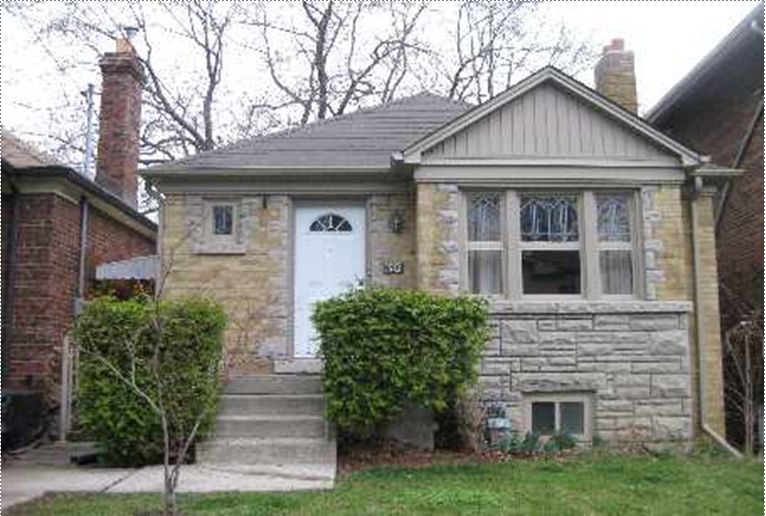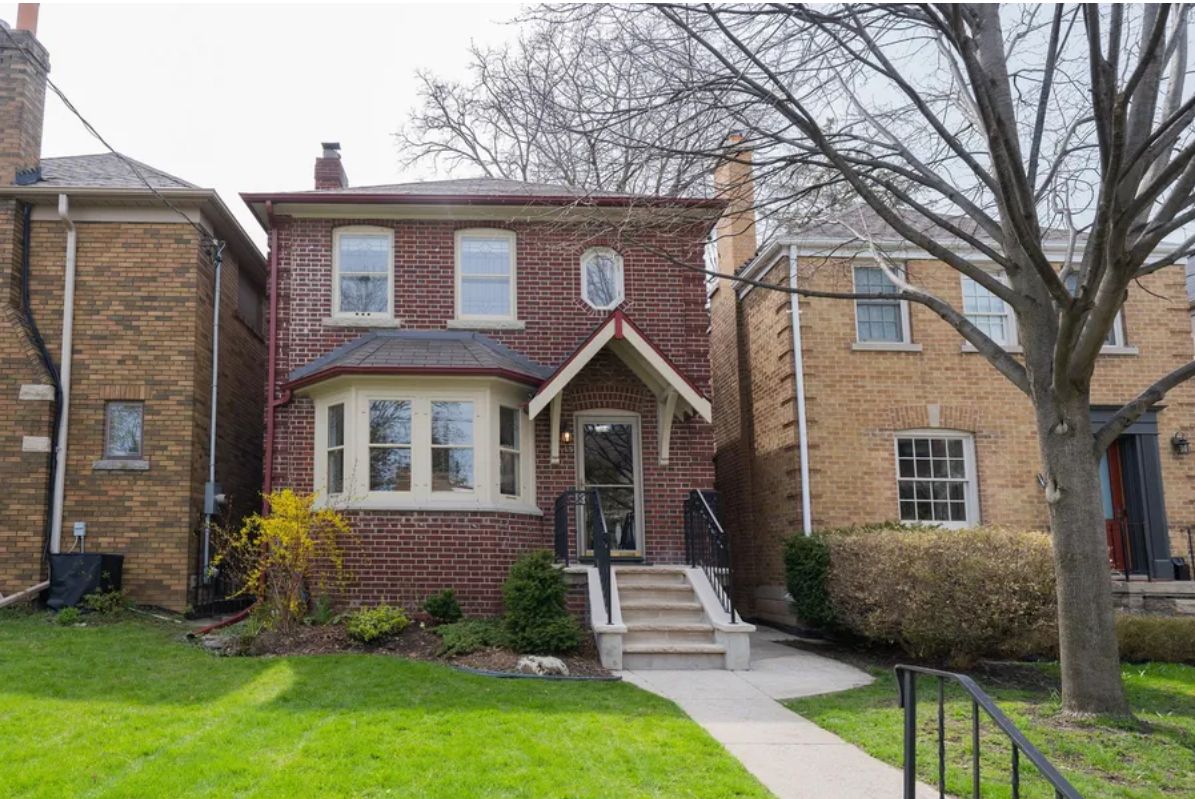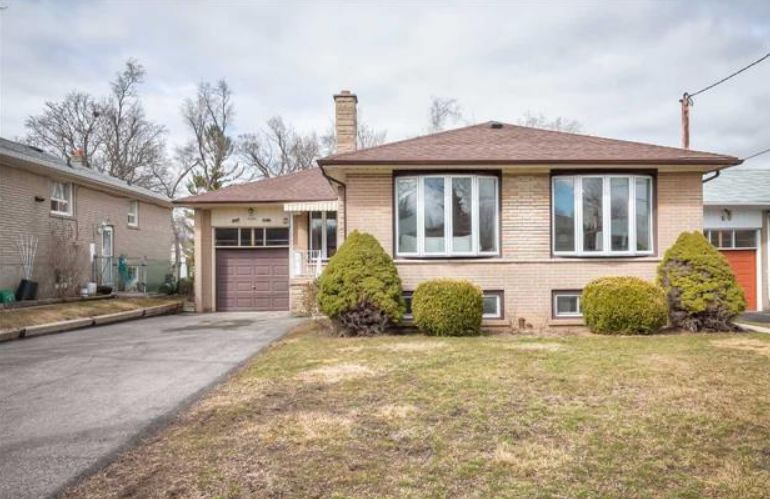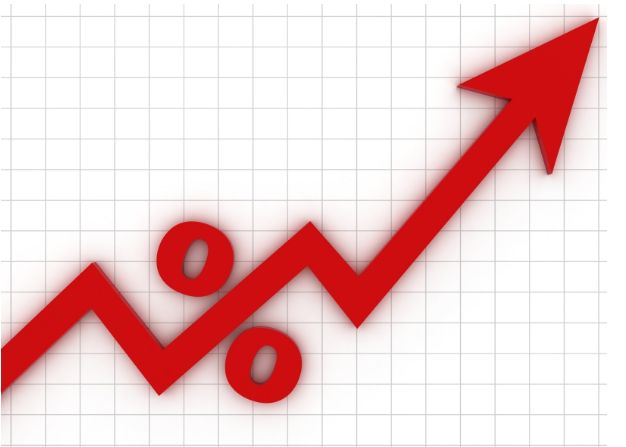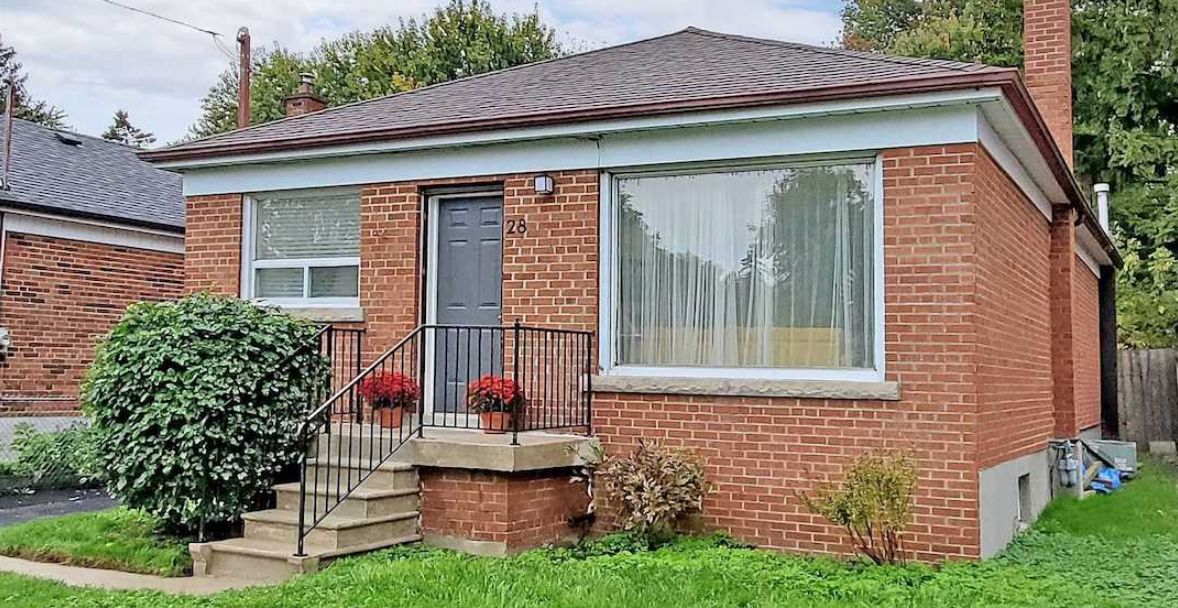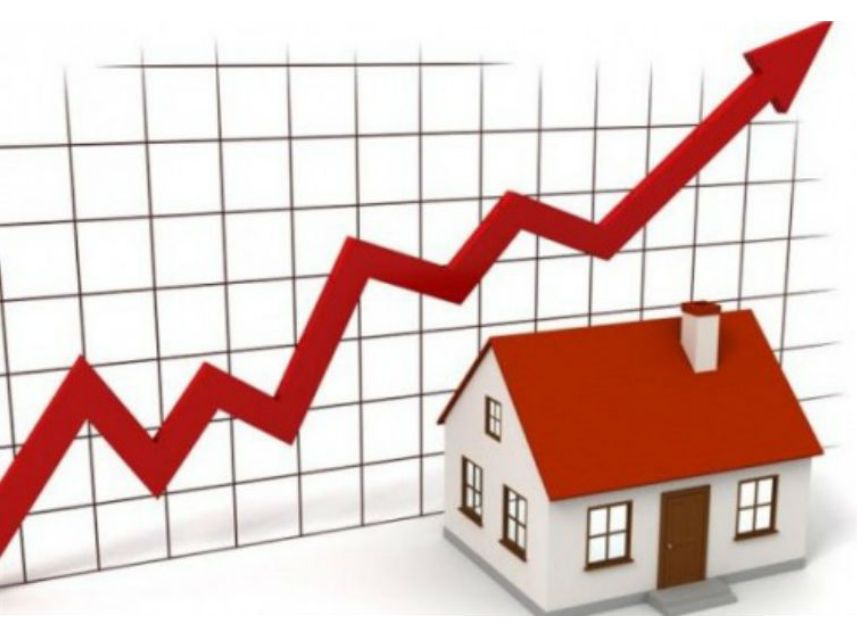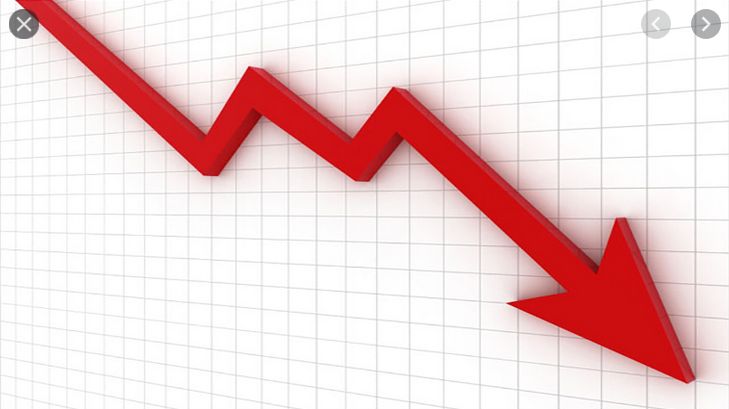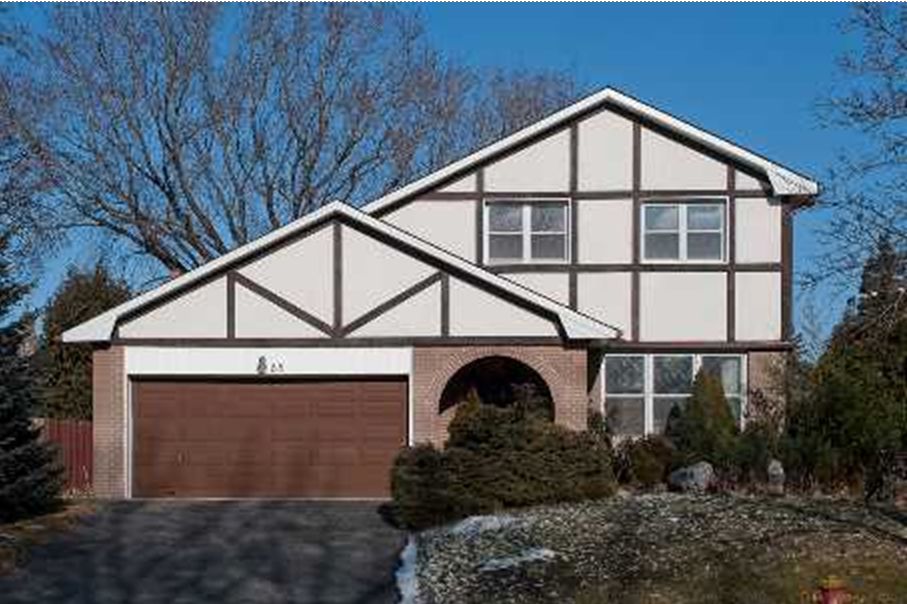House sales fell 26 per cent in the Toronto region in May, 2017 following the Ontario government’s introduction of a foreign-buyer’s tax as many potential purchasers stepped back and waited to assess the market impact.
In the 30 days after different provinces announced the immediate introduction of a 15 -per-cent foreign-buyer’s levy on April 20, 2017, the number of houses sold in the Greater Toronto Area fell 26 per cent compared with the same period last year, according to data compiled by Toronto realtor John Pasalis.
Communities north of Toronto assured the greatest diminishes between April 20 and May 20, with sales falling 61 per cent in Richmond Hill, 46 per cent in Markham and 44 per cent in Newmarket. The City of Toronto recorded a 23 -per-cent drop in the number of homes sold, while Brampton and Mississauga west of Toronto had sales diminishes of 16 per cent and 27 per cent, respectively.
The sales comparison appeared merely for freehold homes, including detached and semi-detached mansions, but did not include condominiums.
The drop in selling activity forms part of a wide-ranging cooling in the Toronto region market that began in April as purchasers moved to the sidelines while home owners hastened to list their houses to try to cash in before the market peaked.
In the first 2 week of May, 2017 alone, sales of all types of homes in the GTA fell 16 per cent compared with the same period in May last year, while the number of new listings surged 47 per cent, according to data compiled by the Toronto Real Estate Board.
The average GTA home sold for $890,284 in the first 2 week of May, a 17 -per-cent growth from a year earlier, principally because of large-scale gains earlier this year. But the price was down three per cent compared with April, when the average sale price for all types of GTA homes was $920,791.
Mr. Pasalis said he does not belief the new foreign-buyer’s tax is directly responsible for much of the decline in sales since April 20, 2017 because foreign purchasers were not a large enough part of the market to cause such a significant decline, and many foreign purchasers will qualify for rebates of the tax.
Instead, he belief the decline is the consequence, in part, to a decline in demand from domestic investors “who were” purchasing second properties to lease or flip-flop. Most investors have stopped buying as they wait to see the impact of a suite of new measures announced by the province in April, includes the foreign-buyer’s tax, he said.
” They vanished – no one is talking about buying money-losing rental properties any more,” Mr. Pasalis said. “The whole hullabaloo and euphoria is kind of gone right now.”
He likewise believes many other purchasers are sitting on the sidelines, seemingly “buyer fatigue” after watching prices in the GTA climb rapidly.
The 33 per-cent price increased in March may have been” the straw that broke the housing buyer’s back,” after the average cost of a house was increased to $917,000 in March from $688,000 a year earlier, he said.
“The whole mood of the market has changed, and that is the bigger factor. People are scared – investors are scared, purchasers are scared – and I think that’s the enormous issue.”
Mr. Pasalis said many of his firm’s clients have been stepping back and not attaining offers, hoping prices will fall from the pinnacle, while many vendors are developing desperate for offers, especially if they’ve already bought another house and need to sell quickly.
“Our agents are get calls from listing agents praying them for offers, only praying them, because the seller is freaking out because they already bought something and they need to sell their house,” he said.
One agent in his firm submitted an offer of $650,000 for a buyer’s bid on a townhouse that was selling for $750,000 a month ago, and the offer was accepted. He said the agent hadn’t expected to get the acceptance, but he assumes the vendor had no choice.
“It’s going to screw up the market because vendors are going to be looking at February and March prices and purchasers are going to be looking at these recent low-ball prices, and we’re going to have an interesting question there.”
Source: Globe And Mail

